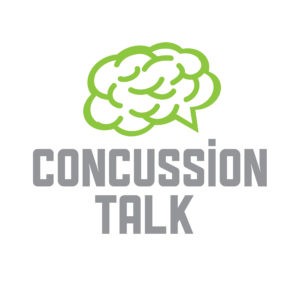I just finished Slaughterhouse Five by Kurt Vonnegut. It’s about Billy Pilgrim, an optometrist in Ileum, New York who was a World War II POW in Dresden, Germany when it was fire bombed (Vonnegut, himself, was a POW in World War II in Dresden in Schlachthof Fünf (Slaughterhouse Five). He, like his future character, Billy Pilgrim, was there during the bombing in February 1945). After the war (in human time – more on that further down) he becomes an optometrist, has a wife, daughter and son, and is abducted by aliens to their planet of Tralfamadore and ends up with an ability to haphazardly time travel within his life. It’s funny and makes its anti-war points through satire. This is not a book review, I just figured I would give a general overview of the book before I launched into an exhortation about my brain injury and the Tralfamadorian view of life.
The Tralfamadorian view kind of relates to my point that I wouldn’t change a thing about my being brain injured because it leads me to where I am now. The Tralfamadorian view of life is that no one ever dies, they just jump around to different parts of their life and that things that happen will always happen and have always happened. By no means am I saying that I can travel through time and Vonnegut never talks about how all events are connected, but in a way it’s sort of implied. Even if Billy Pilgrim knew an event was going to happen he wouldn’t try to change it because that’s what happens, has happened and always will happen. What I’m trying to say, in a very circuitous way, is that time seems different to me now, perhaps it always has seemed this way, I’ve just had more time to think about it. Hell, maybe this has nothing to do with brain injury, maybe I’m the only brain injured person who feels this way. It’s a tough concept to explain to people. Of course, I’ve never tried, so maybe it’s easier than I think.
Especially during the first few years (and still now, though less often) people who knew or could see that I really had to work hard and concentrate intensely on walking, swimming  – or anything really – would wish me well, wish me luck, remark how determined or brave I was, or they would say something about how they could never do what I was doing. That last part has always  been a tough one for me to accept. First off, it’s not like you’re given much of a choice and secondly, it seems to me to be one of those things that had to be that way. I wouldn’t be interacting with those same people in those same circumstances if I hadn’t been injured and if I hadn’t been able to walk. For someone to say that (they could never do what I was doing) to me, none of the details could be any different. It’s simply because they haven’t faced the same situation.
This may read as fatalistic, but if it does, then I’m not explaining it well. If it also reads as self indulgent, then this post has failed entirely. So it goes.

Leave a Reply